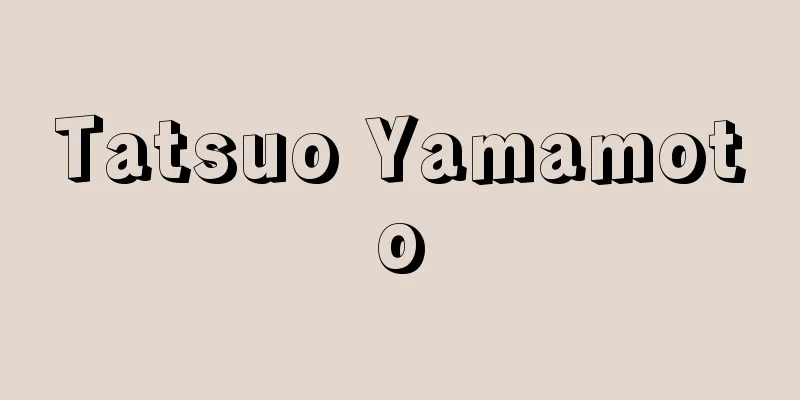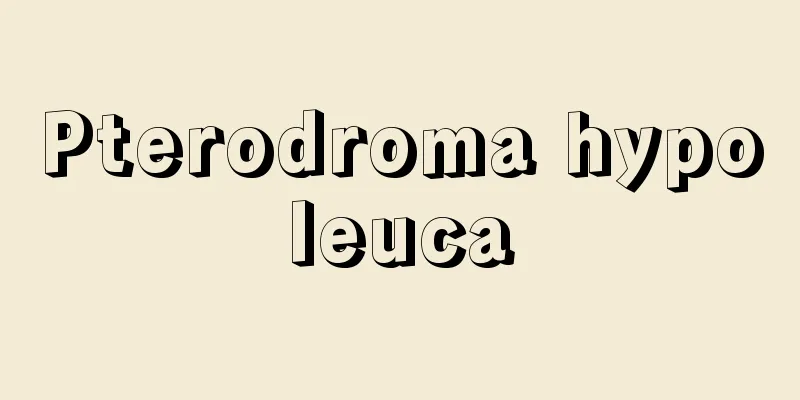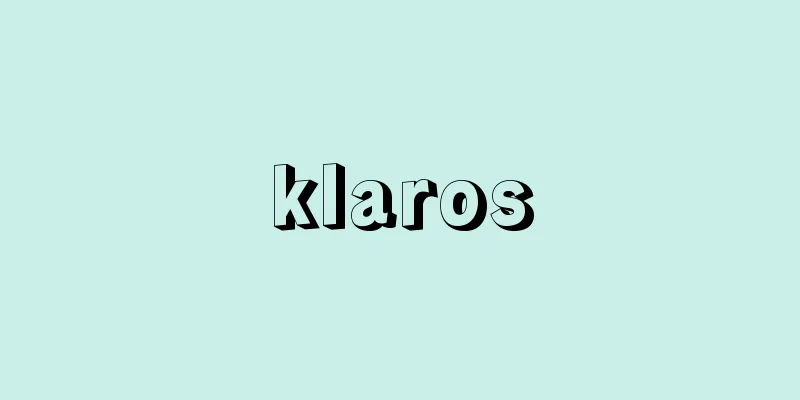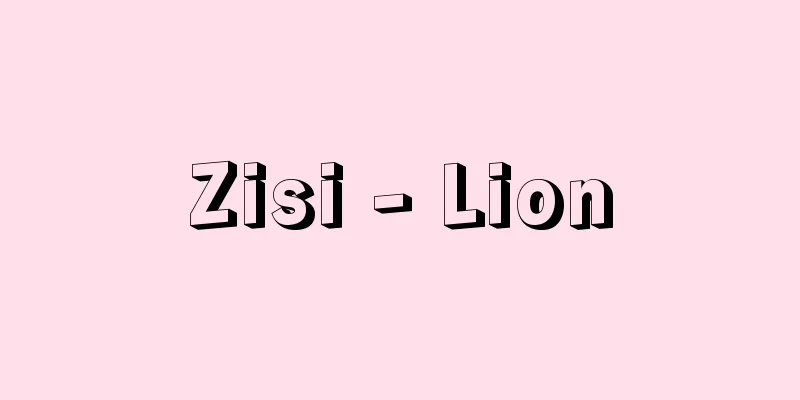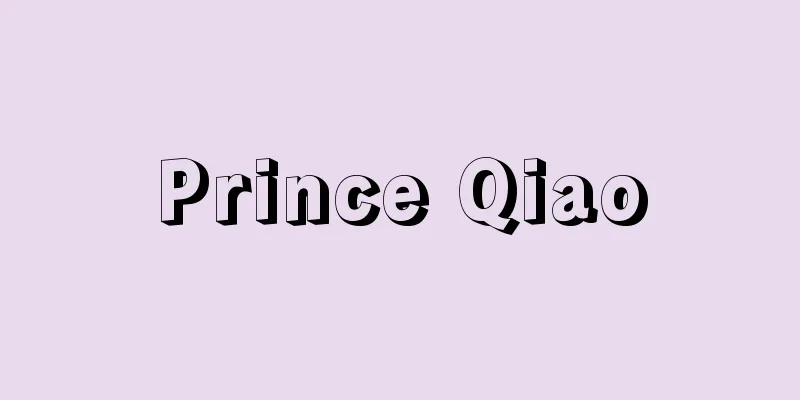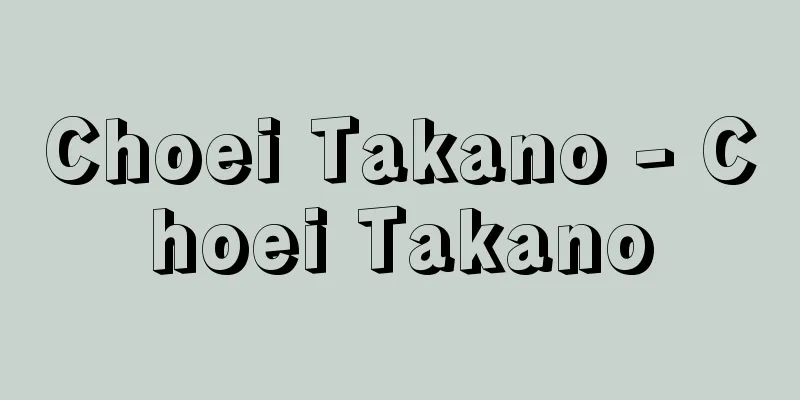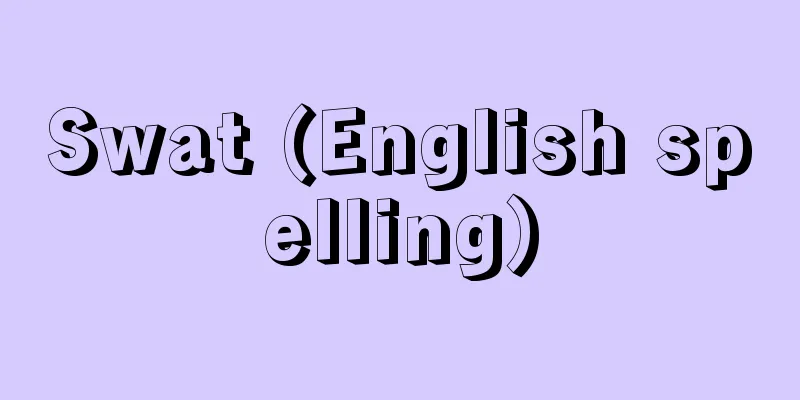Water Pollution Prevention Law - Suishitsoodakuboushiho
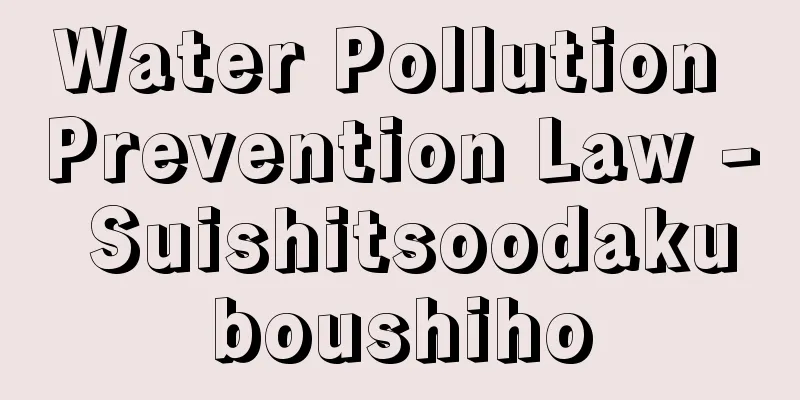
|
This law (promulgated in 1970 and put into force in 1971) aims to prevent the pollution of public waters by regulating the pollution of water discharged into public waters from factories and business establishments, and to protect the health of the people and preserve the living environment. It stipulates discharge standards (set by Prime Minister's Office Order, but prefectures can set stricter standards by ordinance) and the liability of businesses for damages without negligence. With the enactment of this law, the Water Quality Conservation Law (promulgated in 1958) and the Factory Effluent Control Law (promulgated in 1958) were abolished. The 1996 amendment allowed the prefectural governor to issue a purification order to factories, etc. when the cause of groundwater pollution was identified. However, the Fukushima Daiichi nuclear accident that occurred in March 2011 revealed the weakness of past legal systems regarding water pollution and pollution. It goes without saying that contaminated land, the lives of people who have been affected, and the ever-increasing amount of highly contaminated water are the worst pollution. Japan's pollution laws are based on the basic structure of punishing those who pollute, and penalties are immediately applied if the regulatory standards are exceeded under the Water Pollution Control Law. However, the public exposure dose limit for radioactive materials is 1 mSv (millisievert) per year, but there are no provisions in the nuclear power-related laws regarding leaking radioactive materials or exposing the public to radiation beyond this limit, and no penalties exist. This is because radioactive materials have been almost completely excluded from the application of environmental and pollution-related laws. After the Fukushima Daiichi nuclear accident, the government revised the Basic Environment Law to treat radioactive materials as pollution materials. However, at present, there has been almost no legal development other than the Basic Law. The provisions for exemption of radioactive materials from the application of the Air Pollution Control Law and the Water Pollution Control Law have been deleted, but there are no regulatory standards or penalties. Other pollution-related laws, including those related to soil pollution, still exempt radioactive materials from application. Furthermore, the Special Measures Act on Pollution Countermeasures, which was enacted after the accident, applies only to contamination from the Fukushima Daiichi accident. Postponing the establishment of laws and promoting the restart of nuclear power plants can even be said to be a deviation from the principles of a nation governed by the rule of law. On the other hand, decommissioning has become a real issue, and comprehensive and fundamental legislation is required to deal with the associated pollution countermeasures, the enormous amount of radioactive waste, and the water pollution that may result from it. → Water pollution / Factory wastewater / Marine pollution → Related topics Pollution crimes | Lake and pond law | Industrial wastewater | Water quality conservation | Groundwater pollution Source : Heibonsha Encyclopedia About MyPedia Information |
|
工場および事業場から公共用水域に排出される水の汚染を規制すること等によって公共用水域の水質の汚濁防止を図り,国民の健康保護,生活環境保全を目的とする法律(1970年公布,1971年施行)。排出基準(総理府令で定めるとしているが,都道府県は条例でよりきびしい基準を定めることもできる),事業者の無過失損害賠償責任等について定めている。本法の制定にともない水質保全法(1958年公布),および工場排水等規制法(1958年公布)は廃止された。1996年改正により,地下水汚染の原因が特定された場合,知事が工場などに浄化命令を出せるようになった。しかし2011年3月に起こった福島第一原発事故は水質汚染や公害に関する過去の法整備の脆弱(ぜいじゃく)性を明らかにする事態となった。汚染された土地,被害を受けた人々の暮らし,増大し続ける高濃度汚染水などが最悪の公害であることはいうまでもない。日本の公害についての法律は汚染すれば罰するという基本的な構造で成り立っており,水質汚濁防止法で規制基準を超えれば直ちに罰則の適用がなされる。しかし放射性物質の公衆被曝(ひばく)線量限度は年1mSv(ミリシーベルト)だが,これを超えて放射性物質を漏出したり,公衆を被曝させたりすることについて,原子力関連法上では定めがなく,罰則も存在しない。これは放射性物質を環境・公害関係法の適用から,ほぼ全面的に排除してきたからである。福島第一原発事故後,国は環境基本法を改正し放射性物質を公害物質として扱うことにした。しかし〈基本法〉以外の法整備は,現状ではほとんどなされていない。大気汚染防止法と水質汚濁防止法の〈放射性物質適用除外規定〉は削除されたが規制基準も罰則も存在しない。土壌汚染関係の法律をはじめその他の公害関連法は,放射性物質を適用除外にしたままである。さらに事故後制定された〈汚染対処特措法〉は福島第一事故の汚染にだけ適用される。法整備を先送りして,原発再稼動を推進することは法治国家としての原則からの逸脱とすらいえる。他方廃炉は現実の問題となっており,それに伴う汚染対策や膨大な量の放射性廃棄物,そこから生じる可能性のある水質汚染などに関して総合的で抜本的な法整備が求められている。→水汚染/工場排水/海洋汚染 →関連項目公害罪|湖沼法|産業排水|水質保全|地下水汚染 出典 株式会社平凡社百科事典マイペディアについて 情報 |
Recommend
Tama
A tanka magazine. Presided over by Kitahara Hakus...
Sumihisa Ikeda
1894-1968 A military officer from the Taisho to e...
Accounting - Kaikei (English spelling) accounting
It refers to a system or act of recording, calcul...
Mr. Niki
It can also be read as "Nikki". A power...
Kitakami Highlands
A mountain range in the northeastern part of the ...
Polymorphism -
Also called polymorphism. Substances that have the...
Split wound - Split wound
〘noun〙 A wound that occurs when force from a blunt...
Massalia
…The Phocaeans are said to have founded Marseille...
Villa Giulia Museum - Villa Giulia Museum (English name)
Located at the northern end of Rome's Villa Bo...
Julien Sorel
The protagonist of the novel The Red and the Black...
Itomuka mine - Itomuka mine
A mercury mine in Kitami, Hokkaido. It was discove...
An Jung-geun
A patriotic activist in the final days of the Kor...
Dark juice - Yamijiru
A hotpot dish made with whatever ingredients were...
Kashihachicho rice brokerage - Kashihachicho rice brokerage
This refers to rice wholesalers in the Edo period....
splint
...A type of splint used primarily to immobilize ...
